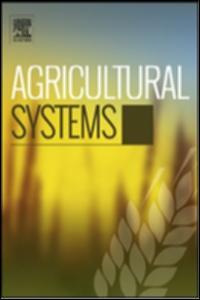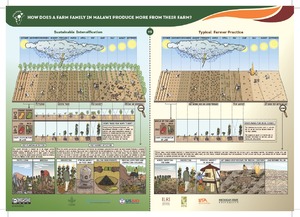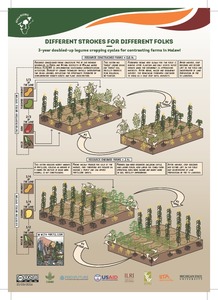Location
Our Mission
- We create, preserve, and disseminate knowledge through research, teaching, and outreach.
- We apply knowledge to help individuals lead more productive lives, and to assist in the development and improvement of firms, organizations, communities, and public institutions.
- We seek to contribute to Michigan, the nation, and the world. We emphasize applied and disciplinary contributions especially to the economic and managerial effectiveness of firms in the food and agricultural sector, and to the sustainability of agricultural production, environmental resources, and rural communities.
- As educators, we work with students, leaders, innovators and problem-solvers.
- We are committed to excellence across all our programs, both domestic and international.
Members:
Resources
Displaying 11 - 15 of 29Doubled-up legume rotations improve soil fertility and maintain productivity under variable conditions in maize-based cropping systems in Malawi
Smallholder farmers in Malawi must cope with small farm size, low soil fertility and production risks associated with rainfed agriculture. Integration of legumes into maize-based cropping systems is advocated as a means to increase production of diverse nutrient-dense grains and improve soil fertility. It is difficult to achieve both aims simultaneously, however.
How does a farm family in Malawi produce more from their farm
Different strokes for different folks: 3-year doubled-up legume cropping cycles for contrasting farms in Malawi
A quiet revolution emerging in the fish-farming value chain in Myanmar: Implication for national food security
Fish farming (aquaculture) is important to Myanmar’s food security and is developing and transforming quickly. This brief presents findings from a new field survey of the farmed fish value chain that is more detailed and broader than any previous study conducted in Myanmar. Many of our findings are at odds with what we perceive as conventional wisdom about fish farming in Myanmar. The findings have important policy implications to unlock the sector’s full growth potential and food security contributions.





